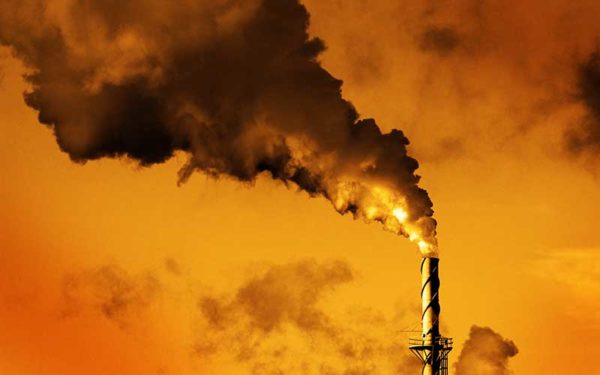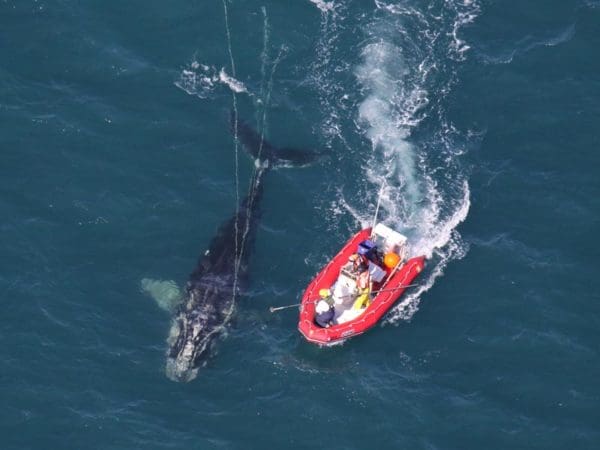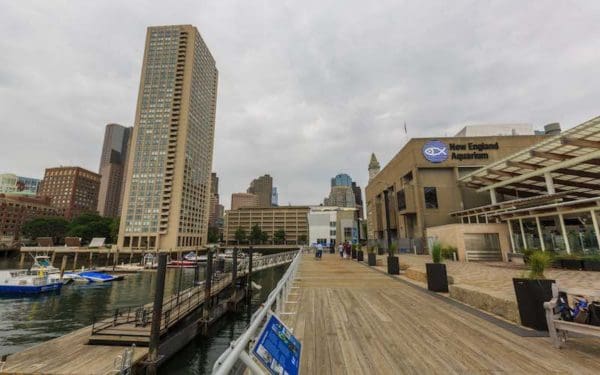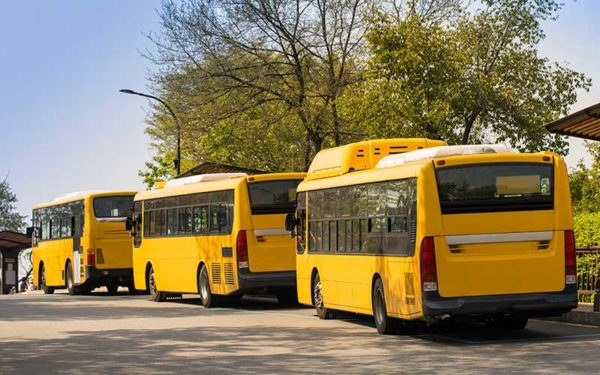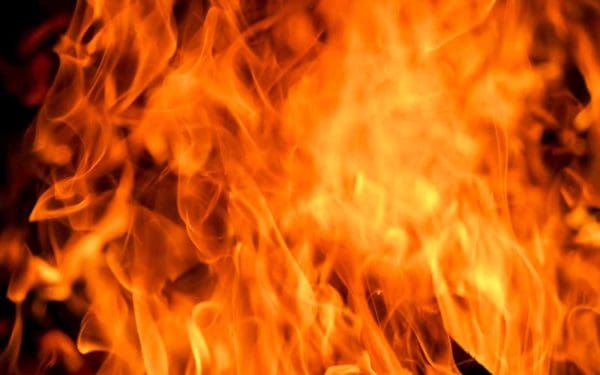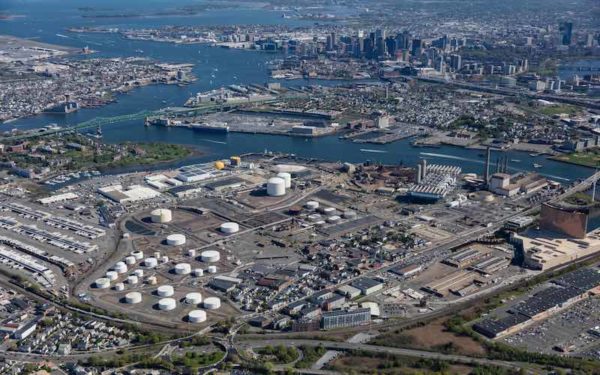Jul 13, 2022
The Supreme Court’s decision in West Virginia is a setback, to be sure. But it is also a reminder of the importance of action at the regional, state, and local levels – action that we have been leading here in New England for more than a decade as we waited – and waited – for federal climate rules to come into play.
Jul 12, 2022
More than three generations of North Atlantic right whales have been lost to the threat of entanglement. The solutions to save these vulnerable species exist and it is up to us to ask our leader for better protections for these majestic animals.
Jul 12, 2022
“As we’ve been saying for years, the state’s MHP process is fundamentally flawed,” said Deanna Moran, Interim Vice President of Healthy and Resilient Communities at CLF. “The developer-driven Downtown MHP would have resulted in less public access to one of the city’s greatest treasures – Boston Harbor. Today’s ruling makes it clear that it’s time to center waterfront planning on public access and community input, not developer profits.”
Jul 12, 2022
Slashing polluting emissions from medium- and heavy-duty vehicles is a critical part of our climate fight.
Jul 11, 2022
So-called “advanced recycling” is a ruse. The term is part of a larger disinformation – or greenwashing – campaign. That campaign’s goal: to distract lawmakers and the public from real solutions to the world’s plastic crisis.
Jul 01, 2022
Michelle DeSilva comes to CLF with experience in investments, nonprofits, philanthropy and the environment. She started her career in investments at Fidelity Investments and Thomson Reuters, and directed an angel investing firm in the Midwest. Michelle later worked extensively with community foundations in strategy and branding, and advising financial advisors, estate planning attorneys and their… Continue reading Michelle DeSilva
Jun 30, 2022
“It’s clear that the state is lagging behind where we need to be in slashing climate-damaging emissions,” said Caitlin Peale Sloan, Vice President of CLF Massachusetts. “This Administration and the next one need to prioritize real movement in existing policies to match the analysis in this plan, which relies heavily on vague proposals for programs yet to be developed. We need focused and sustained leadership to ensure that systemic change can be achieved in time, as incremental steps will no longer cut it. Any efforts also need to be anchored in equity and justice, and we’ll be pushing officials to improve the plan released today.”
Jun 09, 2022
We’re opposing these toxic ways of disposing of trash.
Jun 08, 2022
With pressure from CLF’s lawsuit mounting, the oil giant closed its polluting facility. But that won’t allow them to escape responsibility for it.
Jun 03, 2022
“Exxon giving up on the Everett site is a major win,” said CLF President Bradley Campbell. “But this sale will not allow the company to escape responsibility for its toxic legacy of contamination and the ongoing pollution that will continue while the sale is pending. Our case continues and we will not allow the company to skip town and leave the community at risk.”
